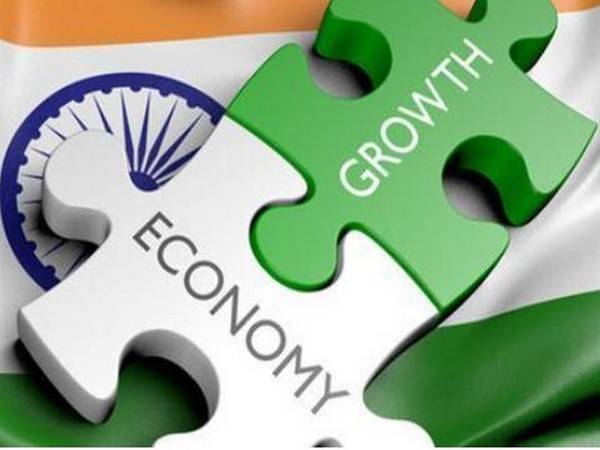While he acknowledged his respect for India and its Prime Minister, Trump criticised the idea of funding voter turnout initiatives in the country…reports Asian Lite News
Following the US Department of Government Efficiency (DOGE) decision to cancel $21 million fund marked for ‘Voter Turnout in India’, President Donald Trump said that India, with its growing economy and high taxation rates, did not need such financial support.
While he acknowledged his respect for India and its Prime Minister, Trump criticised the idea of funding voter turnout initiatives in the country. While signing executive orders at Mar-a-Lago on Tuesday (local time), Trump said, “Why are we giving $21 million to India? They have a lot more money. They are one of the highest taxing countries in the world in terms of us; we can hardly get in there because their tariffs are so high. I have a lot of respect for India and their Prime Minister, but giving $21 million for voter turnout?”
On February 16, DOGE posted a list of cancelled US taxpayer-funded initiatives with a mention of $21 million earmarked for “voter turnout in India.”
The DOGE, led by Elon Musk announced cancelling a $22 million funding intended for “voter turnout in India” on Saturday. In a post on X, DOGE listed the number of spendings by the US taxpayer that have been cancelled, including “$21M for voter turnout in India.”
“US taxpayer dollars were going to be spent on the following items, all of which have been cancelled,” the Musk-led department announced.
Bhartiya Janta Party’s Amit Malviya took to his X to react to the announcement. “$21M for voter turnout? This definitely is external interference in India’s electoral process. Who gains from this? Not the ruling party for sure!” his post read.
Other funding cancelled by the US department included $10 million for “Mozambique voluntary medical male circumcision.”
“$486 mn to the ‘Consortium for Elections and Political Process Strengthening,’ including $22 mn for an ‘inclusive and participatory political process’ in Moldova and $21 mn for voter turnout in India,” DOGE said.
A $29 million intended for “strengthening the political landscape in Bangladesh” and a $39 million for “fiscal federalism” and “biodiversity conservation” in Nepal was also cancelled.
Similarly, $1.5 million for “voter confidence” in Liberia, $14 million for “social cohesion” in Mali, $2.5 million for “inclusive democracies in Southern Africa,” and $47 million for “improving learning outcomes in Asia” were also cancelled by DOGE.

US tariff may impact India’s GDP
Trump’s tariff may impact India’s Gross Domestic Product (GDP) in between 0.1 to 0.6 according to a report by Goldman Sachs. The report which analyses the impact of US tariffs on India’s GDP under country-level reciprocity, product-level reciprocity says, “India’s domestic activity exposure to US final demand would be roughly twice as high (4.0 per cent of GDP) given exposure to the US via exports to other countries, and would likely result in a potential domestic GDP growth impact of 0.1-0.6pp.”
If Trump administration chooses to increase the tariff on all US imports by the average tariff differential between a particular country and the US. Under this scenario, the average US effective tariff rates on Indian imports would increase by 6.5 percentage points.
Under product-level reciprocity if the Trump administration matches the tariff rates on each product levied by its trading partner. The report estimates the weighted average effective US tariff rate on Indian imports could increase by 6.5-11.5 percentage points depending on the kind of reciprocal tariff plan adopted.
If Non-tariff barriers or administrative barriers are applied for import licenses, export subsidies etc. The report says it will be the most complicated version of reciprocal tariffs to administer and given the complexity of estimating the cost of non-tariff barriers for each trading partner, the report avoided commenting on this and limited its analysis to tariff-related barriers only.
India’s exports to the US currently account for around 2 per cent of GDP, and are among the lowest in comparison to other emerging markets. However, the introduction of higher US tariffs could still have a significant impact on India’s domestic economy, the report added.
Although India’s direct exposure to US tariffs is limited, the report adds that if the US applies global tariffs on all countries, the impact on India would be more pronounced.
This scenario would likely increase India’s exposure to US final demand to roughly 4 per cent of GDP, due to India’s exports to other countries that, in turn, export to the US.
ALSO READ: Trump’s Ultimatum to ‘Dictator’ Zelensky














